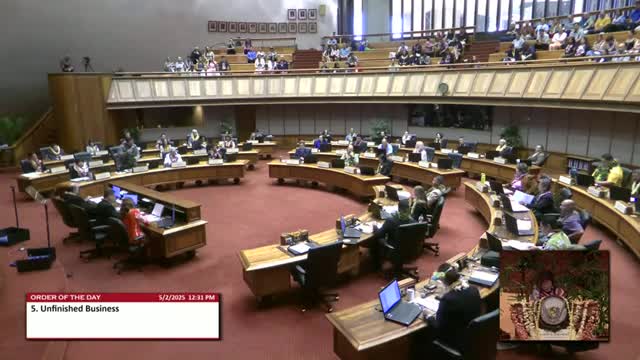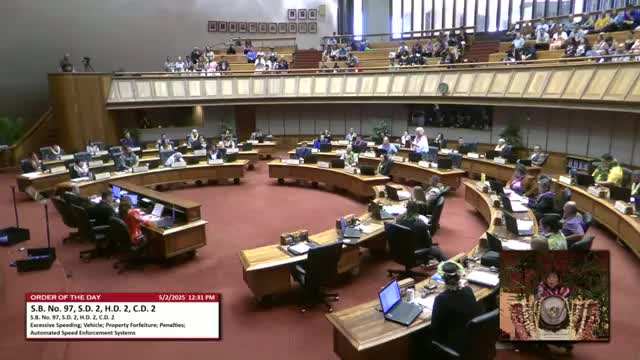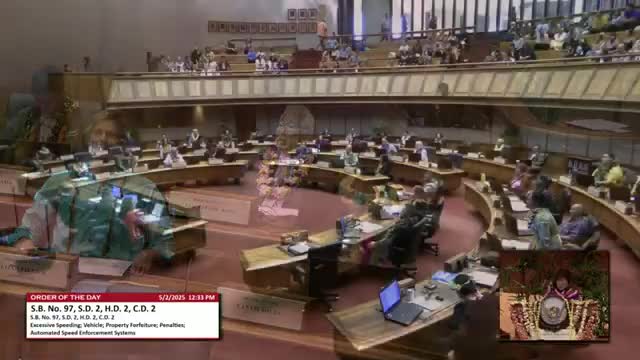Article not found
This article is no longer available. But don't worry—we've gathered other articles that discuss the same topic.

Votes at a glance: House approves consent-calendar bills and adopts two resolutions as session closes

House passes measure that includes 30-day jail penalty for excessive speeding after floor reservations

